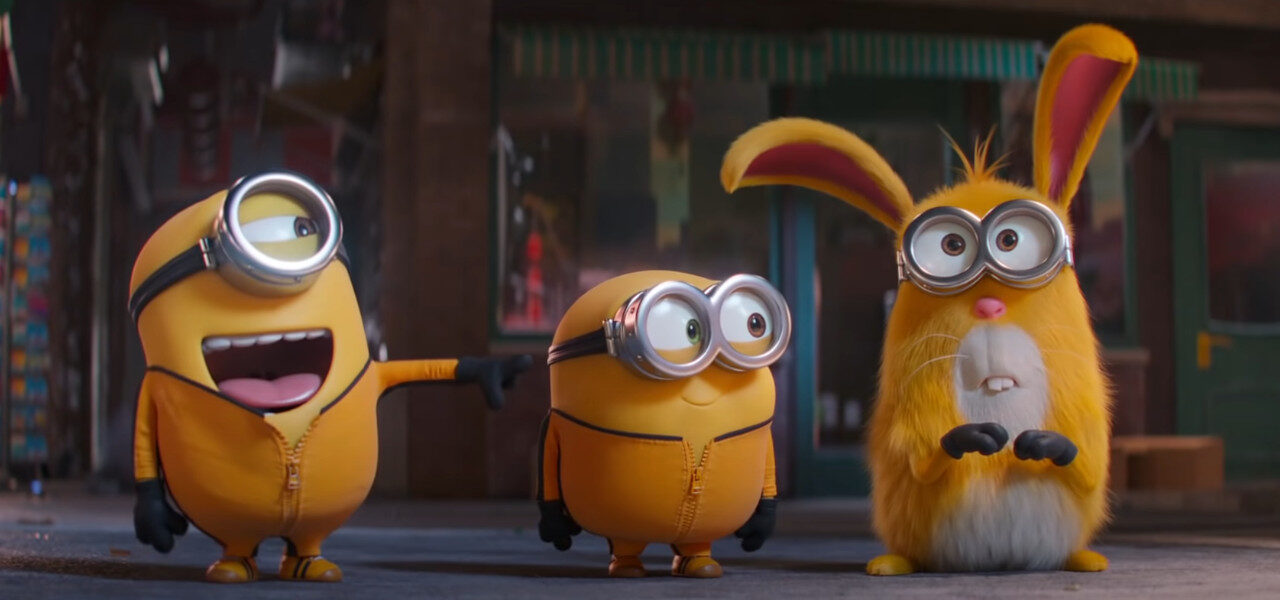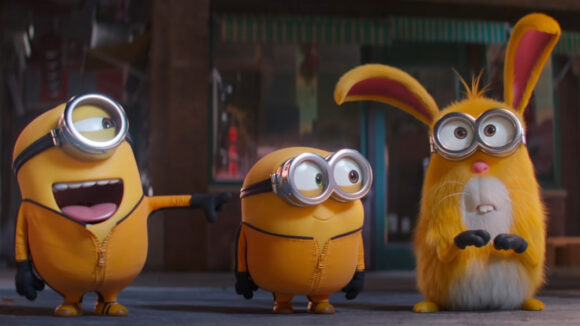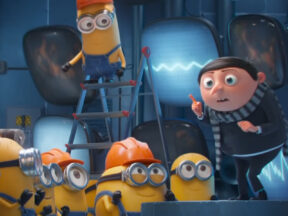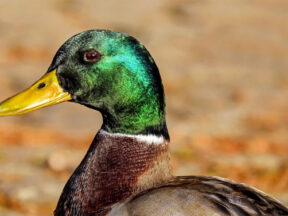

‘Minions: The Rise Of Gru’ Reviews Roundup: Funniest Film Of The Year Or Total Bore? Critics Can’t Agree
Illumination’s Minions: The Rise of Gru hits theaters this Friday, so we checked to see what critics are saying about the latest feature from the Comcast/NBCUniversal-owned studio.
Minions: The Rise of Gru, the fifth film in the Despicable Me franchise, is a sequel to 2015’s Minions, which was itself a prequel to the original franchise. Hopefully those who couldn’t figure out Lightyear’s backstory have an easier time with this one.
The film is being singled out as a box office barometer for several reasons. Following disappointing returns for Pixar’s Lightyear, many are questioning whether animated kids and family fare will be able to match pre-pandemic performances, especially in the face of increasingly shorter theatrical windows. Lightyear was predicted to pull in around $70-85 million during its opening weekend, but only managed to gross slightly over $50 million by the time ticket stubs were tallied.
Predictions for Minions: The Rise of Gru’s early box office take are all over the map, with experts suggesting the film could make anywhere between $65-93 million over the extended July 4 holiday weekend. By early next week then, we will have a better idea if Lightyear’s underperformance was an outlier, or the harbinger of a frightening future for animated features.
As is common for Illumination titles, Minions: The Rise of Gru premiered at the Annecy International Animation Film Festival, where the few reviews which came out at the time were unanimously positive. After further press screenings, however, reactions have cooled and the film currently sits at 67% on Rotten Tomatoes’ Tomatometer and a 58% score on Metacritic.
Here’s what the critics have been saying about Minions: The Rise of Gru ahead of the film’s theatrical release this Friday:
Variety’s Peter Debruge called it Hollywood’s funniest comedy of the year so far, and praised the animation work, which is produced by Illumination Mac Guff in Paris:
With every film, Illumination’s technique improves. But unlike some studios’ output, these movies aren’t showoffy in the slightest, using incremental advances (like the capacity to host set-pieces in various San Francisco neighborhoods) to support the action, rather than distracting from it. The creative team, led by director Kyle Balda, blends Three Stooges slapstick routines with the classic squash-and-stretch character animation of the golden era, while getting creative with how to stage such gags in three-dimensional space.
Frank Scheck at The Hollywood Reporter had a similar take, and even went so far as to say that most of the best comedy writing today is happening in animation. Yet his overall opinion of the film was lukewarm:
The film features many hilarious moments — demonstrating, along with Chip ‘n Dale: Rescue Rangers and The Bob’s Burgers Movie, that the funniest screenwriting these days seems to be for animated films. A particular highlight involves two of the Minions piloting a passenger jet, with predictably raucous results. Unfortunately, as is so often the case with this type of fare, the final act features a plethora of extended fight and chase scenes that quickly prove wearisome.
In her Screen Daily review, Wendy Ide wonders if, despite The Rise of Gru being a suitable sequel, the Minions franchise has run its course:
There are some inventively absurd moments of physical comedy — the Michelle Yeoh-voiced acupuncturist who uses her needles to control her patient’s limbs is great fun. But, equally, there are scenes which feel tired and derivative — Yeoh’s character’s extended Minion kung fu training montage rather overstays its welcome. Ultimately, though, the madcap elements of the Minion repertoire still deliver the playful escapism that the series is known for. The appeal of a bunch of oversized lemon Tic Tacs in welding goggles catapulting around the frame endures, but might not sustain another film.
The only thing worse than a bad film is a boring film, and Little White Lies’ David Jenkins wasn’t pulling any punches in his assessment of how bored he found this film.
It’s by no means horrendous or offensive, but it’s just a chronic bore, another film that will likely join the Billion Dollar Box Office club, but not a single person will be able to tell you how and why it managed to get through the front doors. Gru, it transpires, is short for Gruel, of the cinematic variety. And to the scads and scads of adults set to accompany their younglings to this terminally mid affair, take along your Sudoku and a reading light and thank us later.
And in the most negative review we’ve seen so far, Katie Walsh at the L.A. Times is so over the entire Despicable Me cinematic universe that she had to go to extraterrestrial lengths to express her frustrations with the franchise.
When the aliens finally invade, they will find the vestiges of our Minions-based civilization and wonder just what the hell happened here. Having lived through it, I could not possibly begin to explain just how these hot dog-shaped, banana-hued, gibberish-speaking overlords came to infiltrate our culture at every level, storming onto screens big and small, emblazoned onto merchandise, looming large on inflatable statuary, haunting our nightmares.
The grasp these inexplicable animated creatures hold on cinema is insidious, and they continue their reign of terror in their latest cinematic dispatch, Minions: The Rise of Gru.
“Minions: The Rise of Gru” is a Universal Pictures release produced by Illumination and animated by Illumination Mac Guff. The producers are Chris Meledandri, Janet Healy, and Chris Reynaud with executive producer Brett Hoffman and co-producer Jean-Luc Florinda. Kyle Balda directed the film with Brad Ableson and Jonathan del Val as co-directors. Matthew Fogel and Brian Lynch wrote the film’s screenplay.

.png)


